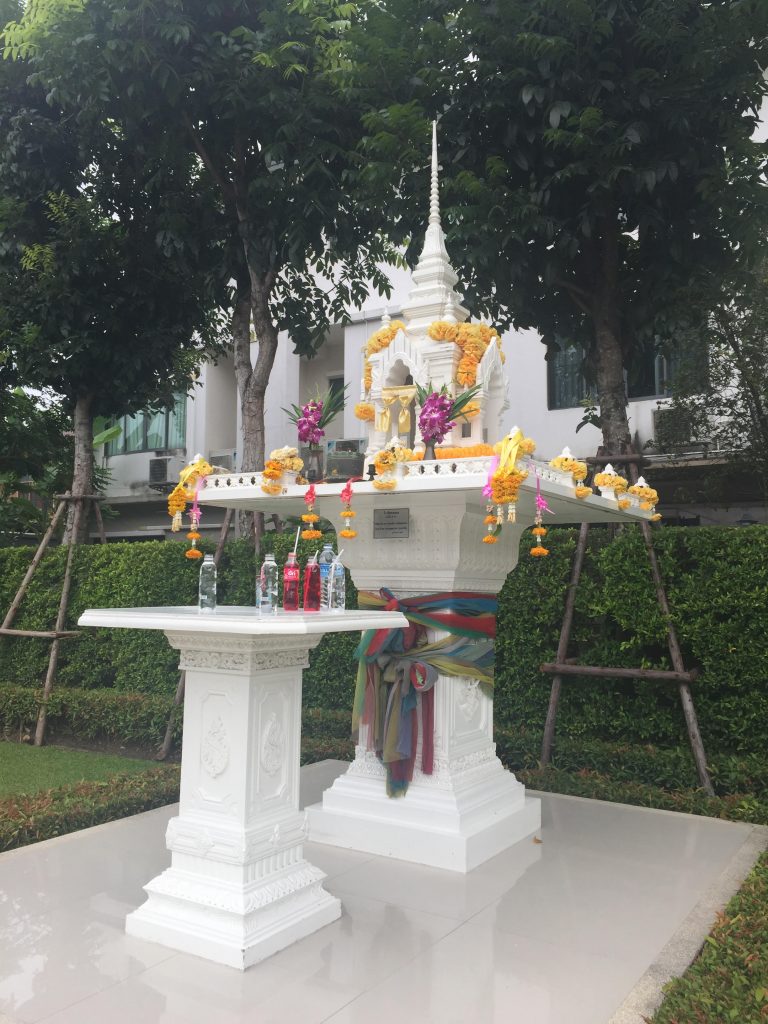“Despite its militant extremism, the Islamist movement has shown that it can be pragmatic.” — Roy, “Hamas and the Transformation(s) of Political Islam in Palestine,” 13
Let’s address head-on the Hamas Charter that denies Israel’s right to exist. (We will leave aside in this post Israel’s Likud Party platform that denies the right for a Palestinian state to ever exist.) I have tried to keep abreast of the makeup and intentions of Hamas for some years but confine myself in this post (or series of posts) on two relatively recent studies:
The prevailing inability or unwillingness to talk about Hamas in a nuanced manner is deeply familiar. During the summer of 2014, when global news rooms were covering Israel’s military operation in the Gaza Strip, I watched Palestinian analysts being rudely silenced on the air for failing to condemn Hamas as a terrorist organization outright. This condemnation was demanded as a prerequisite for the right of these analysts to engage in any debate about the events on the ground. There was no other explanation, it seemed, for the loss of life in Gaza and Israel other than pure-and-simple Palestinian hatred and bloodlust, embodied by Hamas. I wondered how many lives, both Palestinian and Israeli, have been lost or marred by this refusal to engage with the drivers of Palestinian resistance, of which Hamas is only one facet. I considered the elision of the broader historical and political context of the Palestinian struggle in most conversations regarding Hamas. Whether condemnation or support, it felt to me, many of the views I faced on Palestinian armed resistance were unburdened by moral angst or ambiguity. There was often a certainty or a conviction about resistance that was too easily forthcoming.
I have struggled to find such certainty in my own study of Hamas, even as I remain unwavering in my condemnation of targeting civilians, on either side.
(Baconi, p. xi)
- Baconi, Tareq. 2018. Hamas Contained: The Rise and Pacification of Palestinian Resistance. Stanford, California: Stanford University Press.
- Caridi, Paola. 2012. Hamas: From Resistance to Government. New York: Seven Stories Press.
The Beginning
The Hamas charter, adopted in August 1988, made clear the Islamist values of Hamas, declaring that the Quran was its constitution and the land of Palestine part of Islam’s sacred territory that could never be surrendered to non-Muslims.
A few months after its creation, in August 1988, Hamas issued its charter, “The Charter of Allah: The Platform of the Islamic Resistance Movement (Hamas).” This document introduced the movement and outlined its mission, values, and goals. It defined Hamas’s motto as “God is its goal; The messenger [the Prophet Mohammed] is its Leader; The Quran is its Constitution; Jihad is its methodology ; and Death for the Sake of God is its most coveted desire.”
(Baconi, p. 21)
On August 18, 1988, Hamas published its charter, the Mithaq, its most debated, cited, and condemned document and one that was often used as a political bargaining tool. Article 13 expressly states that “the initiatives, what is called a ‘peaceful solution’ and ‘international conferences’ to resolve the Palestinian problem, are contrary to the ideology of the Islamic Resistance Movement, because giving up any part of Palestine is like giving up part of religion. The nationalism of the Islamic Resistance Movement is part of its religion; it educates its members on this, and they perform jihad to raise the banner of God over their nation.”
(Caridi, p. 101)
Who wrote the Charter?
The charter was a rambling work of religious and antisemitic slogans put together by an aged cleric a generation removed from the contemporary leadership of Hamas. The charter was never debated.
According to the most credible account, the text of Hamas’s Charter was penned by Abdel Fattah al-Dukhan, one of the leaders of the Muslim Brotherhood’s older generation in Gaza, who was among those present at the December 9, 1987, meeting at Sheikh Ahmed Yassin’s house. Nearly the same age as Yassin and a refugee from the Ashkelon area . . . . It was therefore neither one of the new leadership’s ideologues nor one of the future leaders of the Diaspora who wrote the Mithaq. The hand that wrote the foundational Charter, the militant text that over the years became a political manifesto that Hamas itself never debated, belonged to a teacher of fifty years, a preacher from one of Gaza’s refugee camps.
(Caridi, p. 101)
A nationalist-religious charter
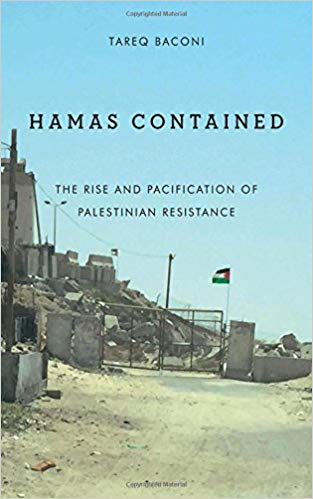 According to the charter Palestine is a “waqf” or Islamic land until Judgment Day and that can never be surrendered to non-Muslims.
According to the charter Palestine is a “waqf” or Islamic land until Judgment Day and that can never be surrendered to non-Muslims.
Through its charter, Hamas made clear its refusal to recognize the State of Israel. The document stressed the indivisibility of the land of “Historic Palestine,” referring to the land that constituted the British Mandate, located between the Eastern Mediterranean and the River Jordan, over which Israel was established. Hamas defined this territory as “an Islamic land entrusted to the Muslim generations until Judgement Day.”107
(Baconi, p. 23)
The Charter’s preamble speaks of the destruction of Israel, but through one of the three citations that appear at the beginning of the text rather than by means of a discussion. The citation is taken from Hassan al-Banna, who in 1948 said, “Israel will grow and will remain strong until Islam will eliminate it, just as it eliminated what came before it.”4 Paradoxically, however, it is not so much these words of the founder of the Muslim Brotherhood that created a nearly insurmountable obstacle to changing the Mithaq, but Article 11, which defines Palestine as an Islamic waqf, and therefore a land that can not be subject to the disposal of men, but rather “an Islamic land entrusted to the Muslim generations until the Judgment Day.”’ Thus, adds the Charter’s author, “no one may renounce all, or even part of it.”6
(Caridi, p. 102)
Hamas leaders respond to calls to change its charter
Hamas’s secular rival, the PLO, had always bound itself to the Palestine National Congress’s charter that likewise declared its national duty to be “the liberation of Palestine” and “the elimination of Zionism in Palestine”. Since the PNA’s charter did not prevent Israel from negotiating with the PLO Hamas leadership have dismissed Israel’s objections to its charter as an excuse. They believe that Israel is most perturbed by Hamas success in popular elections in Gaza and that this is its real reason for refusing to negotiate.
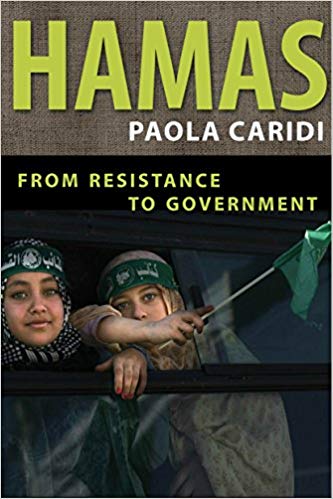 Hamas leaders insist they want to avoid the mistake of the PLO who, they believe, gave in to Israel too cheaply.
Hamas leaders insist they want to avoid the mistake of the PLO who, they believe, gave in to Israel too cheaply.
According to sources inside Hamas, it was on this article that internal debate had in recent years focused in order to try to allow what is, after all, a pragmatic organization to move beyond the formal impasse that had bogged it down. Hamas’s Mithaq, after all, simply echoed what had already been said in a nationalist vein in the Palestinian National Charter, approved by the Palestinian National Congress on July 11, 1968, according to which “the liberation of Palestine, from an Arab viewpoint, is a national duty . . . and aims at the elimination of Zionism in Palestine.”Eliminating that phrase, just like the other anti-Zionist elements in the Palestinian National Charter, was not the sine qua non condition for the negotiations between the PLO and Israel that led to the Oslo Accords. In practice, the question of its elimination was tackled only in 1996, after the PNA had already been established, and even then it was left formally unresolved.
The history of the Palestinian National Charter has been taken as an example by many Hamas leaders to argue that their Mithaq has been used by Western governments as an alibi and by Israel to avoid contact with the Islamist Movement, especially after its decision to take part in electoral politics in 2005.
. . . . For the Islamist leadership, however, recanting even parts of the Mithaq meant recognizing Israel without having obtained a reciprocal legitimization and, according to many among that same leadership, without having obtained an equally formal recognition not only of the Palestinian people, but of Palestinians as a nation. From a strictly political point of view, Hamas has always feared repeating the mistakes made by Fatah and the PLO, who gave away too much to Israel without receiving anything in exchange. On the contrary, during the life of the PNA and during the negotiations between the 1991 Madrid Conference and the 2000 talks at Camp David, Hamas had always opposed the stances of the PLO and of the PNA, which it considered lax. According to Islamist leaders, if they had a similarly flexible negotiating stance, it would lead to making significant concessions without substantial and tangible results in return.
(Caridi, pp. 102f)
In late 1988, a few months after Hamas issued its charter, Yasser Arafat convened the exiled Palestinian leadership in Algiers. . . . [Arafat] declared the independence of the State of Palestine and invoked international resolutions that demonstrated the PLO’s willingness to accept a state on the West Bank and the Gaza Strip, with East Jerusalem as the capital. Arafat’s declaration signaled the PLO’s readiness to concede the 78 percent of Palestinian land that had been lost in 1948 and willingness to fulfill the American demand of renouncing terrorism. This signaled to the United States that the PLO was ready to enter into a negotiated settlement with Israel, prompting the administration of President Ronald Reagan to open a dialogue with the PLO in late 1988.
. . . . The PLO’s concessions were anathema for Hamas, whose charter proclaimed that “jihad for the liberation of Palestine is obligatory.” No other path for liberation was viable. The movement dismissed diplomatic efforts as contrary to its ideology, primarily because they were premised on the condition of conceding parts of Palestine, but also because Hamas believed they were unlikely to serve Palestinian interests.
(Baconi, p. 23)
Hamas evolves, reflects on its “worst enemy”
“three people sat around a table and wrote it” . . . “Palestine cannot be considered a waqf”
Continue reading “The Hamas Charter: Context and Significance”
Like this:
Like Loading...
The ascent of Right populism is a direct consequence of the emergence of a profound crisis of political representation all over the West; the politics of identity erected as a new mantra; and the overwhelming power of social media, which allows – in Umberto Eco’s peerless definition – the ascent of “the idiot of the village to the condition of Oracle.”

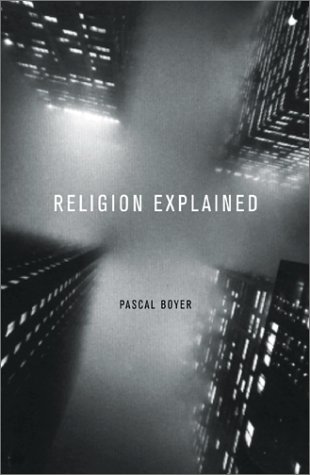

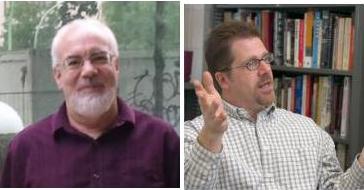
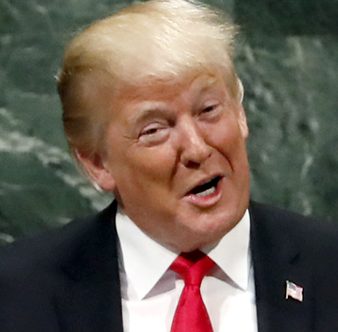

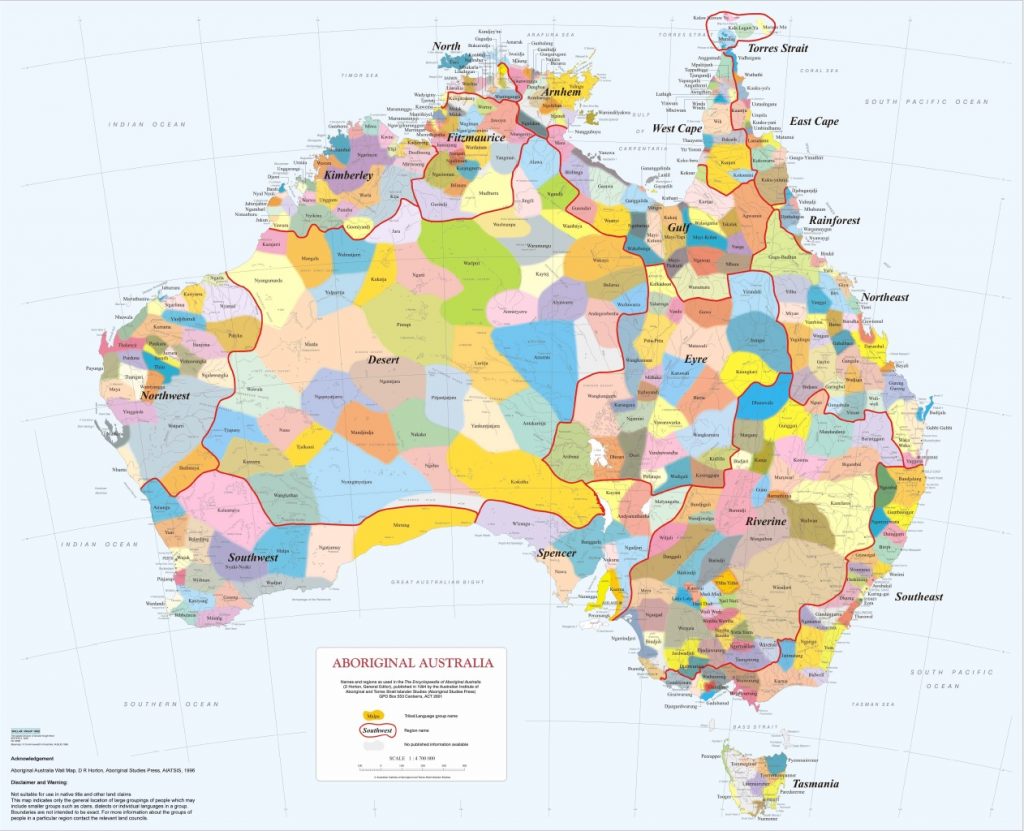


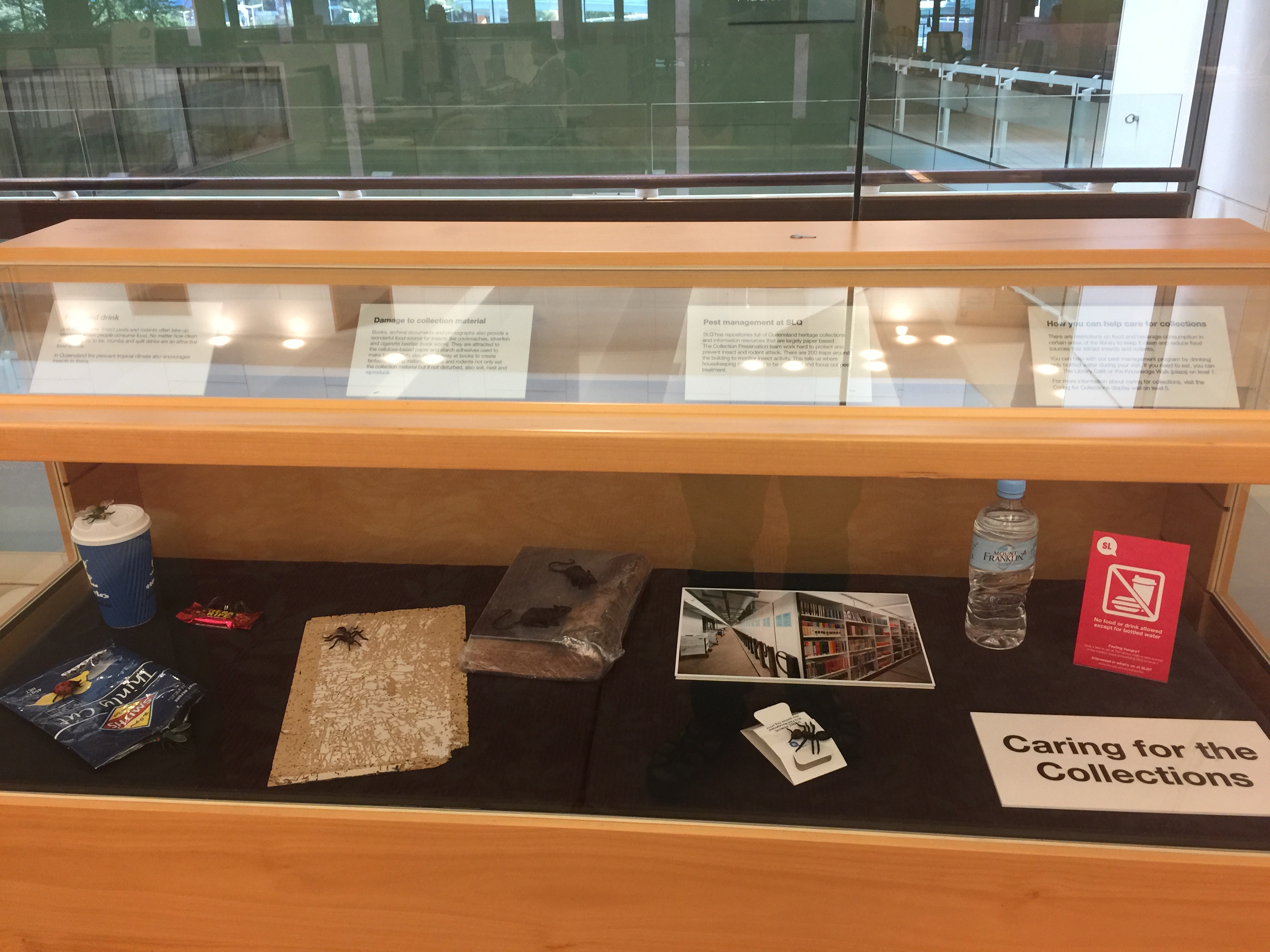
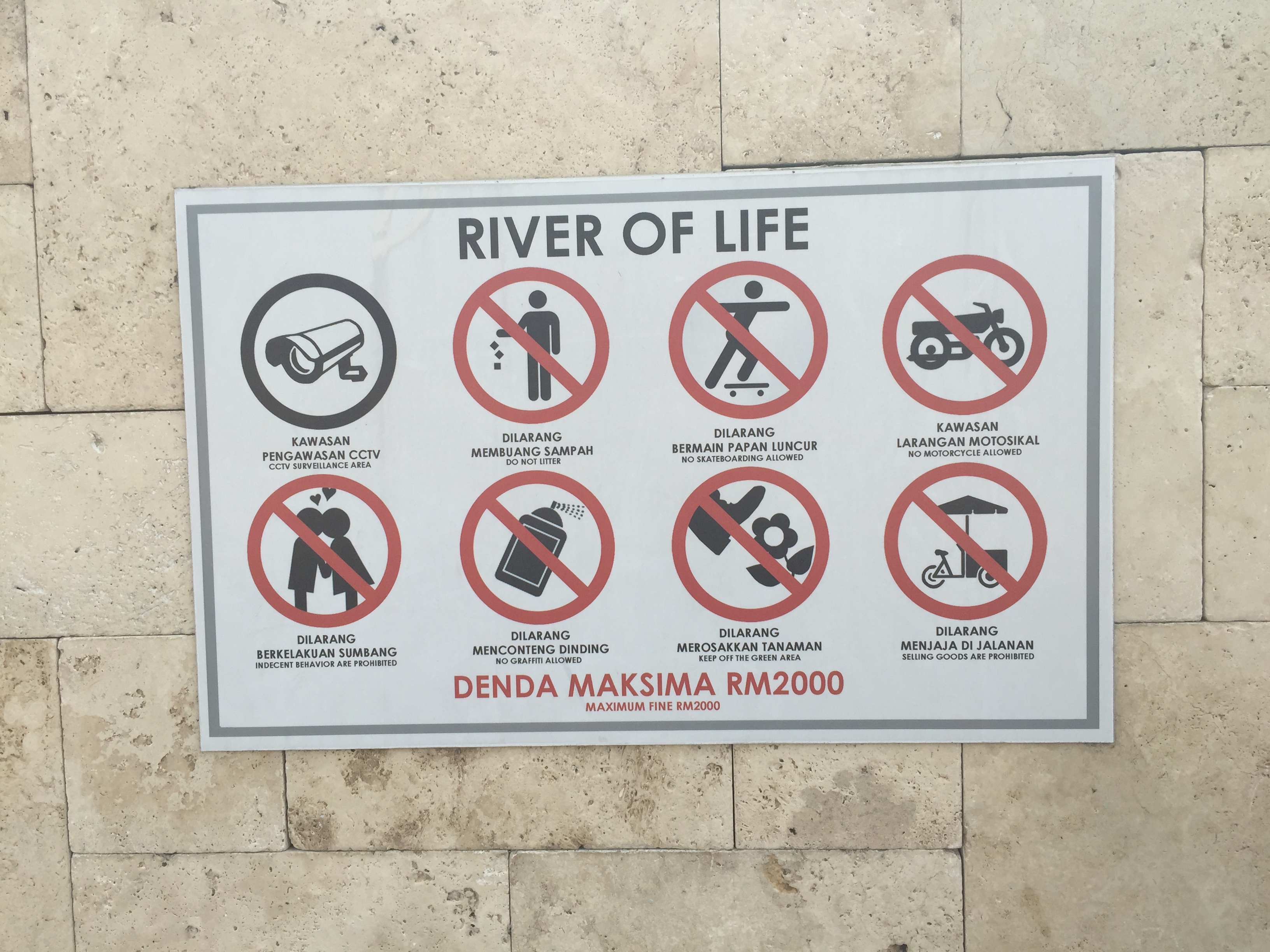
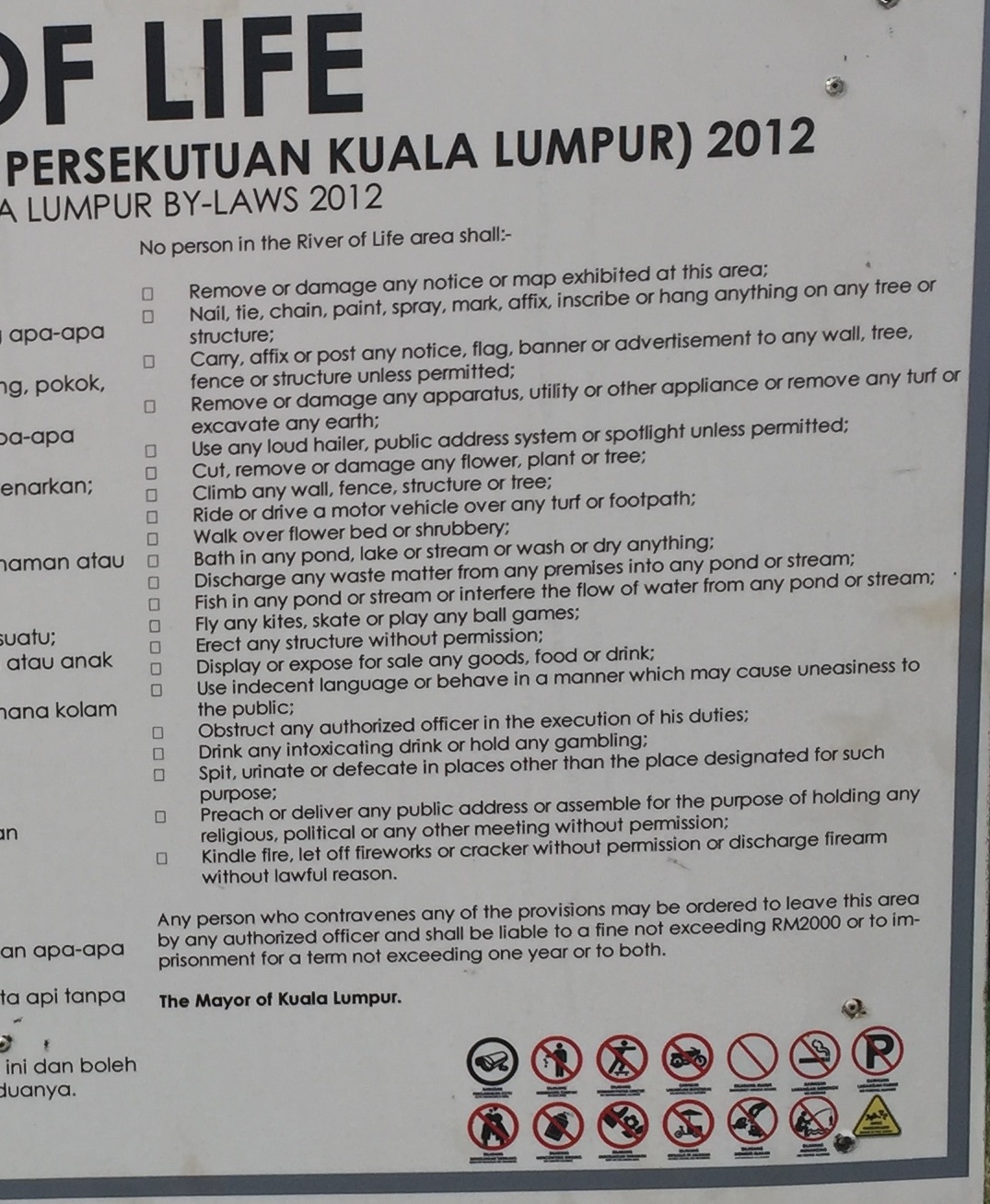


 The monk normally places his hand on a man’s heart for the extra blessing but on a woman’s head for same; but this is a trans man undergoing hormone replacement treatment. As I alluded to earlier there seems to be a more easy acceptance of transgenders here in Thailand than one expects in Australia. (Nonetheless the above picture did cause a bit of a scandal even here.) Recollecting The Federalist article I spoke about earlier, I should add that there is nothing unusual about seeing a prostitute taking a few moments out to offer prayers and offerings at a shrine or temple. No-one there to respond with a command, “Go, and sin no more!”
The monk normally places his hand on a man’s heart for the extra blessing but on a woman’s head for same; but this is a trans man undergoing hormone replacement treatment. As I alluded to earlier there seems to be a more easy acceptance of transgenders here in Thailand than one expects in Australia. (Nonetheless the above picture did cause a bit of a scandal even here.) Recollecting The Federalist article I spoke about earlier, I should add that there is nothing unusual about seeing a prostitute taking a few moments out to offer prayers and offerings at a shrine or temple. No-one there to respond with a command, “Go, and sin no more!”

